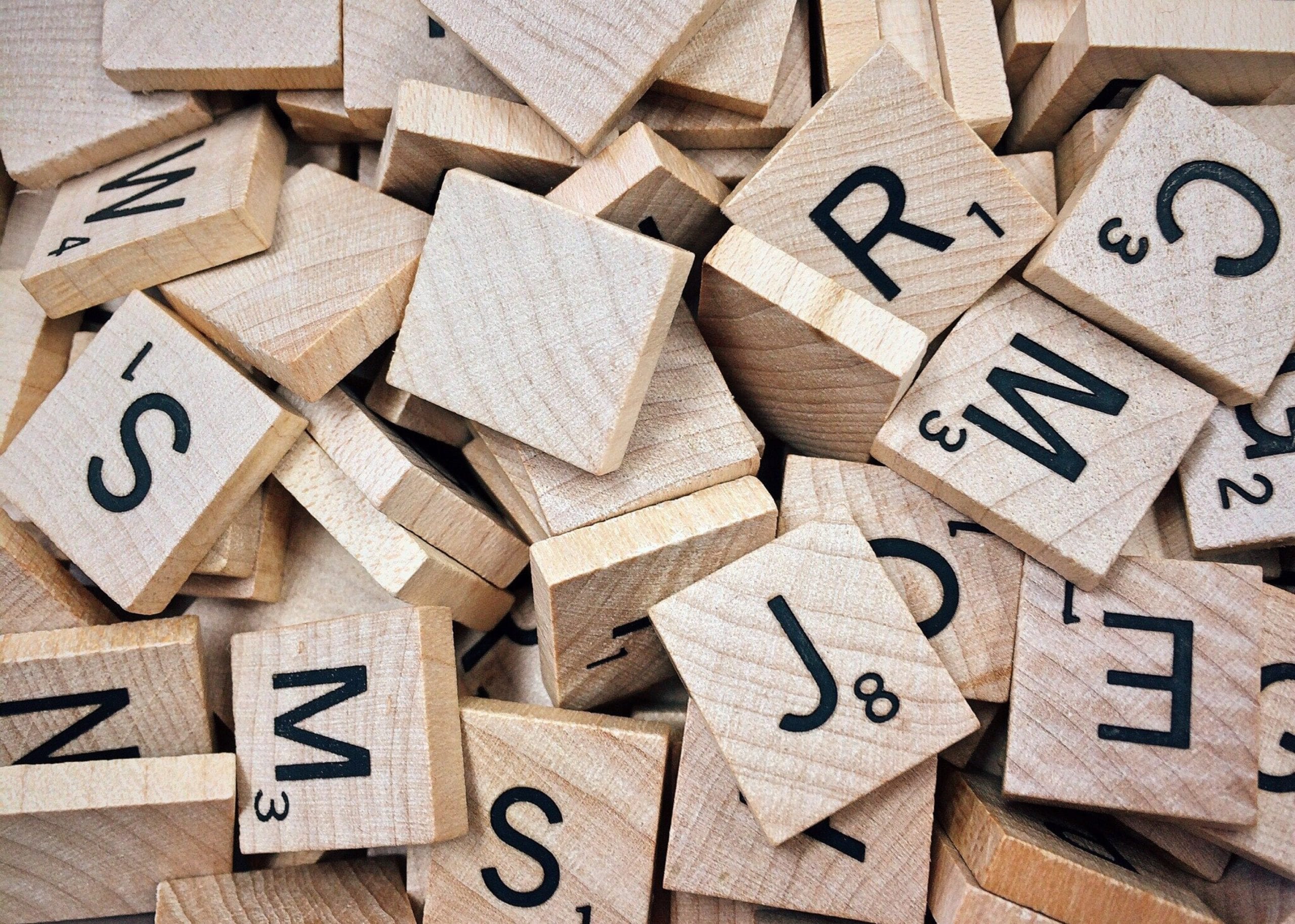There are certain grammar and word usage rules that just don’t stick…
Maybe you always had trouble with their, there and they’re. Or loose and lose. Or complement and compliment.
One of those tricky little pairs is OK vs. okay.
Why are there two different spellings of seemingly the same word? They both mean the same thing, so what gives?
Legend has it that OK actually came first. It’s an abbreviation that comes from the phrase “oll korrect,” aka the lazy man’s funny 19th-century spelling of “all correct,” as in, “Everything is A-OK!”

Photo Credit: Pexels
But the history of this little phrase goes even deeper than. President Martin van Buren helped popularize the use of “OK” during his re-election campaign in 1840. He grew up in Old Kinderhook, New York, and went by the nickname “Old Kinderhook,” so the abbreviation OK was a fitting nickname.
He lost the election, ultimately, but ended up having a huge impact on the English language as we know it today. “Okay” is just another variation on this abbreviation.
Cool, huh?
And as far as using the two variations, you can really use them interchangeably, however and whenever you like. Contrary to popular belief, “okay” is not a more formal version and you don’t need to worry about rubbing someone the wrong way by saying, “OK” instead.
What words or grammatical rules always trip you up? Are there any words you regularly misspell?
We’d love to hear from you!
Let us know in the comments!
The post Here’s the Story Behind “OK” and “Okay” appeared first on UberFacts.